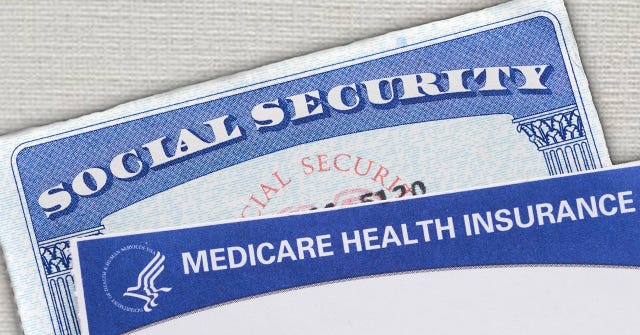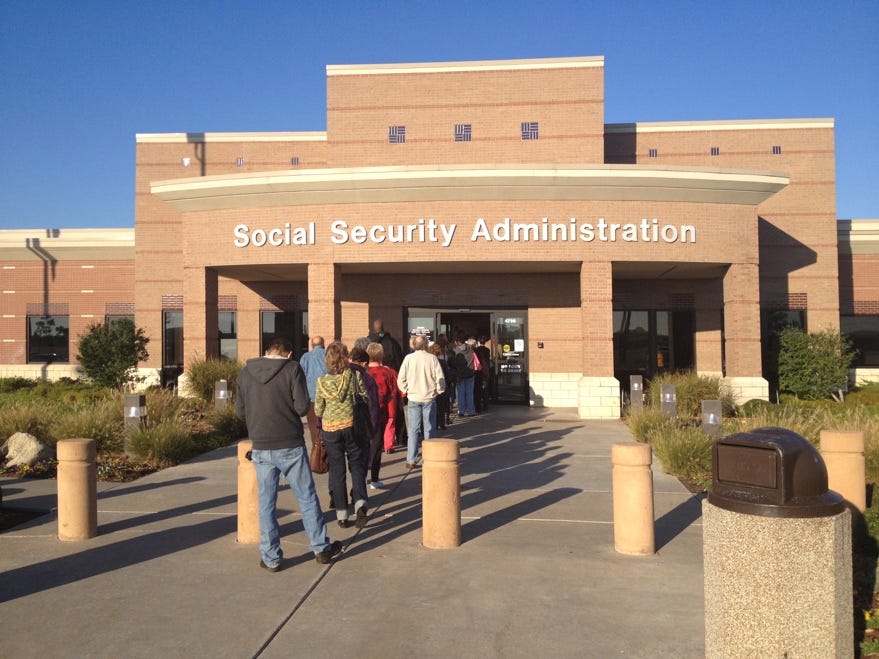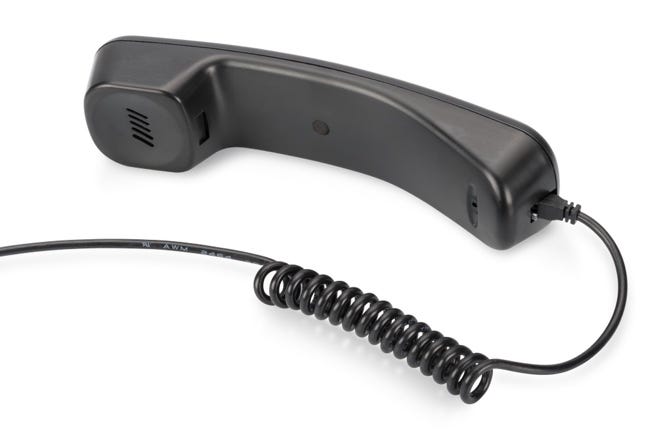My 98-year old mom, Betty, who is suffering from severe mental decline dementia recently fell. She didn’t suffer any serious injuries, but she was briefly hospitalized. After her hospital stay, she was transferred to a rehabilitation facility to get her back on her feet. Literally.
After a couple of weeks, the rehab facility notified me that Medicare was not paying her bills “due to a birthdate mismatch.” Betty was born on the 25th. But in recent weeks, someone added the 27th to her Medicare record as the day of her birth. Could I fix that problem with Medicare, I was asked.
I called Medicare. After being placed on hold for 45-minutes, I finally spoke with someone who was very pleasant. She told me that Betty’s home address and birthdate in the Medicare records are populated by Social Security, and I’d have to make corrections with that agency. But, the representative volunteered, everything else in Betty’s records I could change through a Medicare customer service rep, including changing her name and sex. That’s nice to know, but I believe after nearly a century great-grandma Betty is content with being a woman.
Next up, the Social Security Administration. My call to Social Security started with 70-minutes on hold. Again, the customer service rep who answered was very pleasant. Using my social security number, the agent could determine I was Betty’s son. She acknowledged there were two birthdates for Betty. She also could tell which one Betty had for the 33 years she had been receiving Medicare coverage and which one was added in recent weeks.
This immediately raised a question. If Betty has dementia and only I hold power of attorney and neither one of us entered the new birthdate then who did, I asked. “It could have been anyone,” I was told. Anyone? Really?
Anyway, the fix should be simple. “Could you highlight the 27th and hit the delete key?” I asked. No, she couldn’t do that. Why? “Because there might be fraud involved,” I was told. How is there fraud, I reasoned? Especially since the Social Security Administration knows which birthdate was recently added by some unknown individual. Can’t we correct this right now? The rep told me I must correct Betty’s birthdate in person at a Social Security office. “Bring a photo ID!” she warned.
After a short wait at a nearby Social Security office, the armed security guard ushered me to a chair with a customer service agent on the other side of wall with a glass window. The young fellow looked very comfortable and relaxed leaning back in his office chair wearing headphones. I sensed he might not be motivated to deal with the public.
I briefly explained Betty’s birthdate predicament.
Me: I only need to get the incorrect birthdate deleted.
Agent: I need Betty’s permission to speak with you.
Me: Done. I have a power of attorney with me.
Agent: We don’t accept powers of attorney, but we’ll accept a phone call from Betty.
Me: Betty has dementia. I could have anyone call pretending to be Betty.
Agent: Yeah, we know. We’ll also accept a note from her doctor.
Me: Such as a notarized letter?
Agent: Nope. Just a note.
Me: Not a letter on official stationery, but a handwritten note?
Agent: Yes. That’s all we need.
Me: Let me get this straight. You will not accept the six-page legal document prepared, witnessed and signed by attorneys with a raised seal that says I may represent her, but you will take a handwritten note from a doctor that says I may speak on her behalf?
Agent: Yes.
Me: You realize this makes absolutely no sense.
Agent: [Silent staring.]
Me: Let’s try this. Can you just delete the 27th from Betty’s account?
Agent: [More silent staring.]
Me: Is that possible?
Agent: I cannot confirm Betty has two birthdates. We have to protect Betty from fraud.
Me: How could anyone possibly benefit from deleting an erroneous birthdate? It’s literally a two-day difference for a 98-year old. This makes absolutely no difference in her benefits.
Agent: [Some more silent staring.]
Me: Can we at least agree that all people have only one birthdate?
Agent: I cannot confirm that.
Me: You cannot confirm that all people only have one birthdate?
Agent: [Even more silent staring.]
Me: Take it from me. They do.
Agent: You need a doctor’s note before we continue to help you.
Me: Okay. But with all due respect, you haven’t helped me at all.
I went home and drafted a very simple letter from the rehabilitation facility that was addressed to the Social Security Administration. It explained Betty has severe mental decline dementia and it was recommended SSA work directly with her son, Mark, who has a power-of-attorney on file with the rehabilitation facility.
I emailed the draft letter to the rehab facility’s community relations manager and immediately called her to explain they could modify the language as they see fit, print it on letterhead, have Betty’s doctor sign it, and email it to me.
“We don’t feel comfortable signing letters like this. We must decline,” she said. “I understand,” I replied. “But if this letter is not signed, Betty’s records are not corrected, and Medicare doesn’t pay you.” After a 3 or 4 second pause she responded, “I’ll have the doctor sign the letter and email it to you.” Once again, the power of capitalism triumphs.
Armed with every conceivable document I might need (power of attorney, doctor’s letter, and Betty’s original birth certificate), I returned to the Social Security office and met with a different customer service rep who had get-the-hell-off-my-porch written all over her face.
Looking at her computer screen, she reviewed Betty’s online file and then explained she could get the birthdate mismatch corrected. Great! I was pleased. Then, she continued, she had an opening at the end of February to get this settled. (This was December 9th.)
Wait, can’t we get this corrected as I sit here, I asked. No. I must make an appointment to accomplish this and they were fully booked for the next 2-1/2 months. After I made a very syrupy and obsequious request, she admitted there was an opening the following week. I booked it.
Then I wanted to confirm with her which office I was to go to for the appointment. Oh no, there is no office visit. The appointment is conducted over a telephone call. I confess I was perplexed. Exactly what happens in this telephone call that cannot happen right now I wanted to know. She told me a customer service rep would consider my request to delete the second birthdate. They would review the doctor’s letter and birth certificate that were scanned into Betty’s online file only moments earlier. They would then complete the change.
I was almost afraid to ask, but I had to. “Please tell me again why can’t we make the correction right now? After all, all the documents you require are in front of you and I am here, in person, making the request.” “That,” she replied, “is not how our system is set-up.”
I kept the telephone appointment. It did not take very long. At the conclusion, I was told I would receive a letter from the Social Security Administration and I should read it very carefully. Admittedly, that worried me a bit.
About two weeks later, I received a very lengthy fill-in-the-blank application from SSA that, if approved, would make me a “representative payee.” This designation would allow me to act on Betty’s behalf, including making changes to her records. I only had to confirm over the phone that everything in the application was accurate. Once I was approved to become a representative payee then I could move forward with getting Betty’s second birthdate deleted. However, there was a fly in the ointment. The application misspelled Betty’s middle name several times. I have no idea how long it will take to get this corrected.
As of the beginning of 2023, I am awaiting final approval to become a representative payee.
Believe it or not, I am optimistic I will finally get resolution. Resolution regarding the second birthdate, anyway. It ultimately took two phone calls to SSA customer service (the shorter wait-on-hold call was a mere 59-minutes), and three office visits, spread over three weeks. I managed to make this much progress through persistence and force of personality. Correcting the middle name misspelling will offer an exciting, new challenge.
My biggest takeaway from this was not Betty’s predicament. Instead, I keep thinking about those members of the public who would give up when faced with such bureaucratic nonsense.
The public is not being helped by government employees who do not care about the people they are supposed to be serving.
Mark Hyman is an Emmy award-winning investigative journalist. Follow him on Twitter, Gettr, Parler, Post and Mastodon.world at @markhyman, and on Truth Social at @markhyman81.
His books Washington Babylon: From George Washington to Donald Trump, Scandals That Rocked the Nation and Pardongate: How Bill and Hillary Clinton and their Brothers Profited from Pardons are on sale now (here and here).








A parallel and elegant solution would be to simultaneously initiate letters to your Senators and Representative regarding this issue. Inept and incompetent government bureaucrats hate answering Congressional inquiries. Remember, Washington, DC, is a town that operates on only two modes - pain infliction and pain avoidance. Make SSA feel the pain and you’ll be amazed at how quickly they may comply to your reasonable request for corrections.